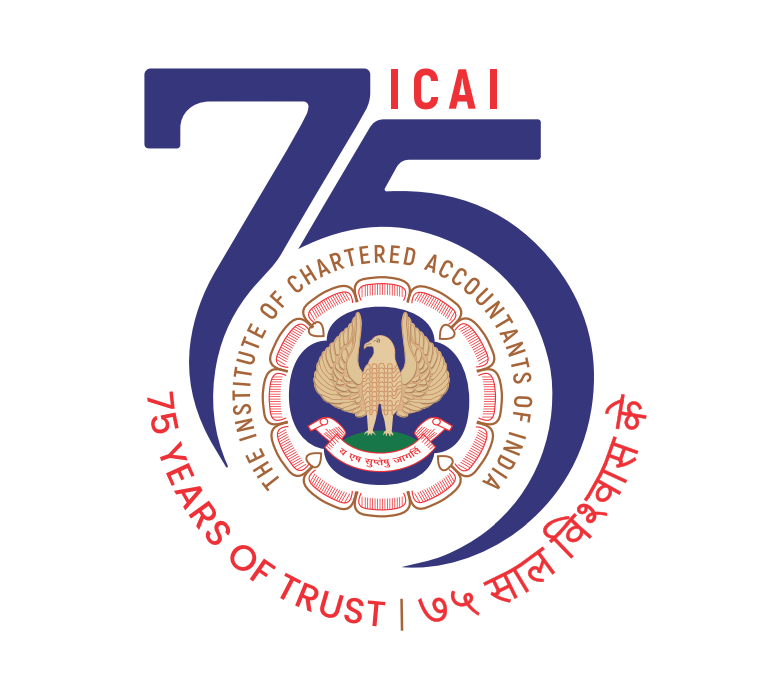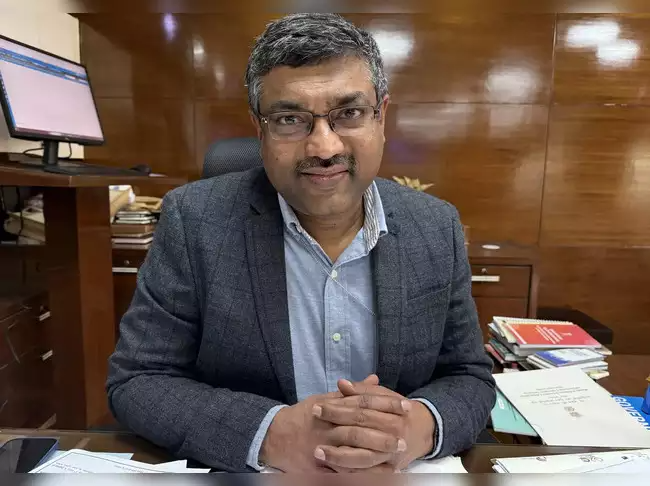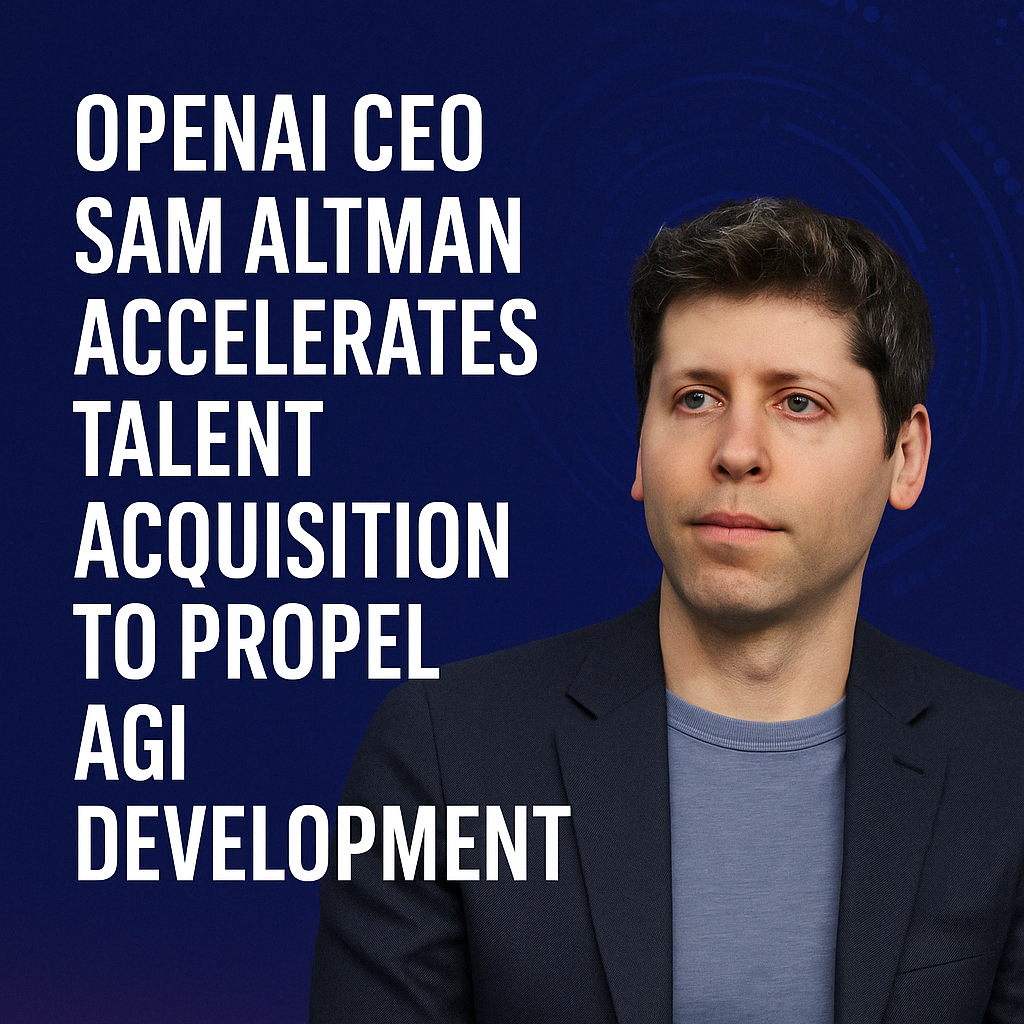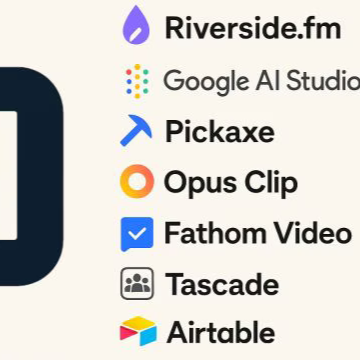AI's Impact on Employment: A Positive Outlook
S Krishnan, Secretary of the Ministry of Electronics and Information Technology (MeitY), recently addressed concerns regarding AI-driven job losses. He emphasized that India's workforce is being equipped with the necessary skills to adapt to emerging roles, mitigating fears of unemployment due to AI adoption. Krishnan highlighted AI's potential to boost productivity in sectors like manufacturing, leading to the creation of new job opportunities.
Echoing this sentiment, Prime Minister Narendra Modi stated at the AI Action Summit in Paris that while AI's most feared disruption is job loss, history has shown that work does not disappear due to technology; rather, its nature changes. He underscored the importance of investing in skilling and re-skilling the workforce for an AI-driven future.
Growth and Investment in India's AI Sector
The Indian AI startup ecosystem has demonstrated resilience and growth. In 2024, AI startups raised approximately $747 million across 121 deals, reflecting a 55% increase in deal volume compared to 78 deals in 2023. This surge indicates a robust interest in AI applications, particularly in the application layer, where startups are leveraging mature platforms to build innovative solutions.
Venture capital firms remain optimistic about India's AI potential. For instance, Together Fund, co-founded by industry leaders like Girish Mathrubootham and Manav Garg, plans to close its $150 million Fund-II by June, focusing on AI startups. The firm aims to support 19-20 companies in this segment, reflecting the growing confidence in India's AI landscape. Workforce Adaptation and Upskilling Initiatives
Indian professionals are proactively embracing AI tools to enhance productivity and career prospects. A report by Emeritus revealed that 96% of Indian professionals use AI and generative AI tools at work, surpassing global averages. Furthermore, 94% believe that mastering AI skills is crucial for career growth and industry diversification.
To address the evolving job landscape, companies are investing in upskilling their employees. Nipun Kalra, Managing Director & Partner at BCG India, noted that organizations are actively working to equip their workforce with the skills needed to conceptualize and implement new AI applications.
AI's Role in Enhancing Productivity Across Sectors
AI's integration into various industries is poised to enhance efficiency and productivity. In manufacturing, for example, AI can be utilized to retrofit industrial machinery, collect data through IoT devices, and improve decision-making processes, aligning with the government's focus on strengthening India's manufacturing sector.
Moreover, AI's application in governance-related tasks can streamline operations and improve public service delivery, further demonstrating its potential to positively impact the economy and society.
Addressing Challenges and Moving Forward
While the outlook is positive, challenges remain. Concerns about AI-induced job displacement persist, particularly in sectors like IT and business process outsourcing. However, industry leaders argue that by embracing AI, fostering innovation, and investing in new skills, India can transition from being the world's coding factory to a global leader in AI-driven technology solutions.
The government's proactive stance in assessing the safety and trust elements of AI solutions without stifling innovation is crucial. Efforts are underway to develop mechanisms that ensure responsible AI deployment, balancing technological advancement with ethical considerations.
In conclusion, India's strategic focus on AI adoption, workforce upskilling, and sectoral integration positions it favorably in the global AI landscape. By addressing challenges and leveraging opportunities, India is poised to harness AI's potential for economic growth and job creation.
Source:economictimesChat GPT







